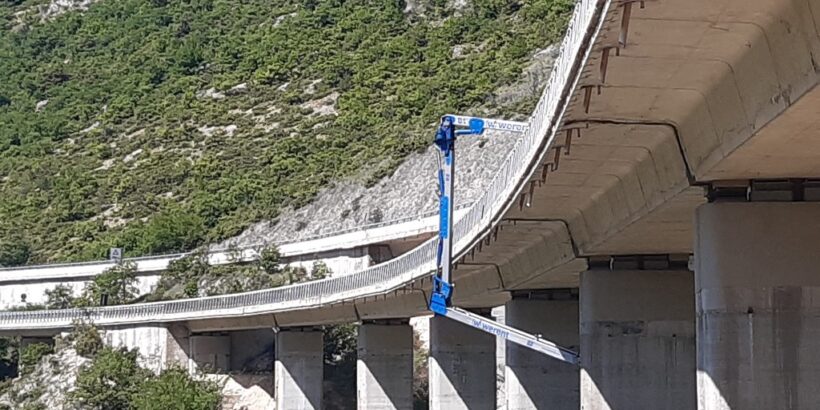Michel Petitjean, Secretary General of ERA (European Rental Association), said:
“The COVID-19 crisis has had, and continues to have, a big impact on the construction sector, including the equipment rental industry. Therefore, we welcome the inclusion of construction as one of the 14 priority ecosystems in the updated EU Industrial Strategy, as well as its focus on the ‘twin’ green and digital transitions to support the recovery from the pandemic. Furthermore, as an inherently circular industry that is increasingly embracing digitalisation, equipment rental is well placed to support this transition in the construction sector more widely”.
Specifically, the Construction 2050 Alliance welcomes the Strategy’s plan of transition pathways for key ecosystems such as construction, co-created together by the industry, Member States and the European Commission. Such pathways will offer a better understanding of the scale, cost, long term benefits and conditions of the required action to accompany the twin transitions of the construction sector, which will be essential to achieve the goals of the European Green Deal and Renovation Wave.
The actors of the construction value chain, gathered in the Construction 2050 Alliance, have already started looking into this co-creation process and stand ready to work with the European Commission. Looking at the experience of the construction 2020 initiative and with the aim of improving the overall added value, the Construction 2050 Alliance is of the opinion that the Commission’s High-Level Construction Forum must be the political sounding board to set the priorities that must be supported by the technical working groups. In the spirit of co-creation the Construction 2050 Alliance looks forward to defining with the Commission the actions and priorities for the twin transitions, thereby enabling resilience, competitiveness, good working conditions and sustainability in the construction ecosystem.
The opportunities construction is facing are significant and it plays a key role in the implementation of the main EU policy goals, but some bottlenecks must be addressed. Societal challenges such as the decarbonisation of the existing building stock, the adoption of new technologies to improve productivity, in particular data, emission reduction and the development of new high quality job profiles, just to name a few high-level priorities, can only be addressed in partnership between the European Commission and the construction industry through a bottom-up approach.

